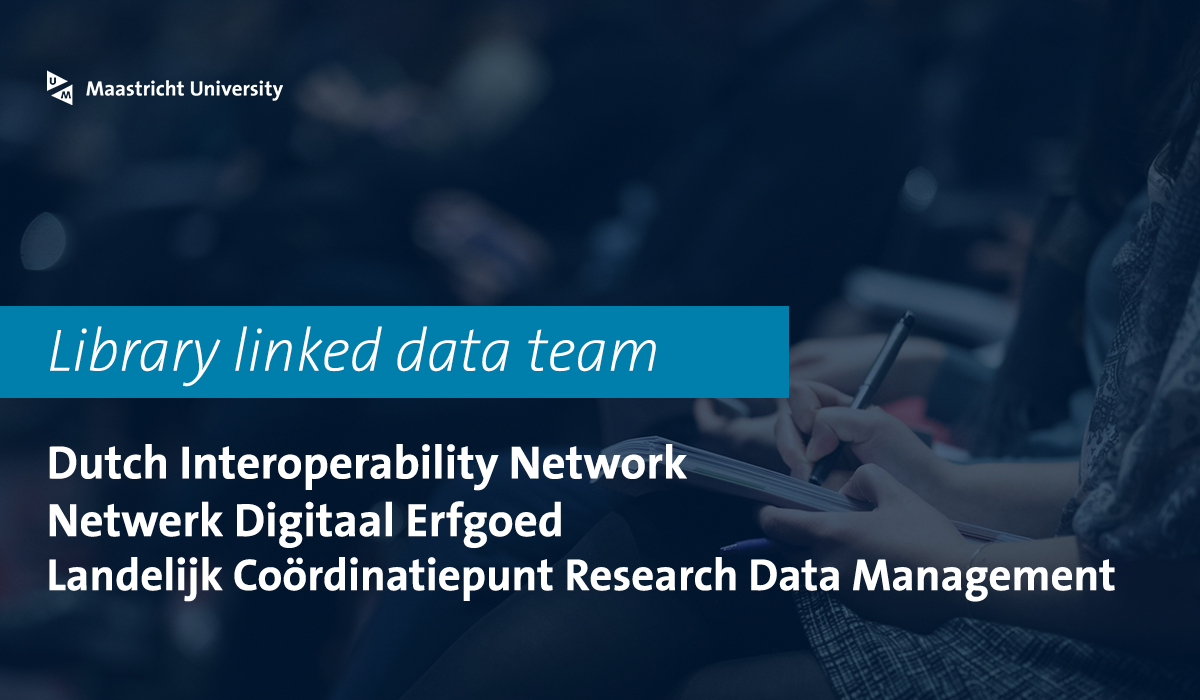Through the Dutch Interoperability Network (DIN), library colleagues exchange ideas with experts from other universities and national organisations. Together, we look for ways to improve the exchange and integration of research data between systems. The UM Library actively contributes to shaping this community by sharing knowledge, publishing articles, and participating in discussions that support colleagues who assist researchers, such as data stewards and research data managers.
The network also connects researchers from different fields who work on making research data easier to connect and reuse. For example, during the October meeting, UM researcher Dr. Szilvia Zörgő presented ‘The Reproducible Open Coding Kit (ROCK)’, an open-source framework and software toolkit that helps make qualitative research more transparent, comparable, and reusable, which received a lot of positive feedback.
UM Library also co-leads the Linked Data in Research working group within the National Coordination Point for Research Data Management (LCRDM). This group focuses on strengthening the use of Linked Data in research. Linked Data connects structured datasets on the web using shared standards such as Uniform Resource Identifiers (URIs) and the Resource Description Framework (RDF). Linked Data helps researchers to more easily discover, combine, and reuse information from many different sources. In the Dutch Digital Heritage (NDE) Linked Data Group, UM Library works together with institutions such as the National Library of the Netherlands (KB) and the Rijksmuseum. This group brings together professionals who use Linked Data in the heritage domain to share experiences and present new projects. A recent highlight was UM Library’s presentation showing how its Digital Collections are being connected to a system that will make data searchable and connectable across platforms. An important step towards interoperability and data reuse.
By joining and co-leading these national initiatives, UM Library contributes to building a more open, connected, and future-proof research environment. This gives UM researchers better access to valuable, reusable data. Within the university, we continue to engage with researchers and explore new ways to share knowledge and strengthen the community around Linked Data and interoperability — for example, through internal channels, events, and training opportunities. To stay informed about these activities and plans — or to share your own ideas and experiences — consider following the Linked Data & Interoperability channel on UMployee (the UM intranet for employees).


0 Comments